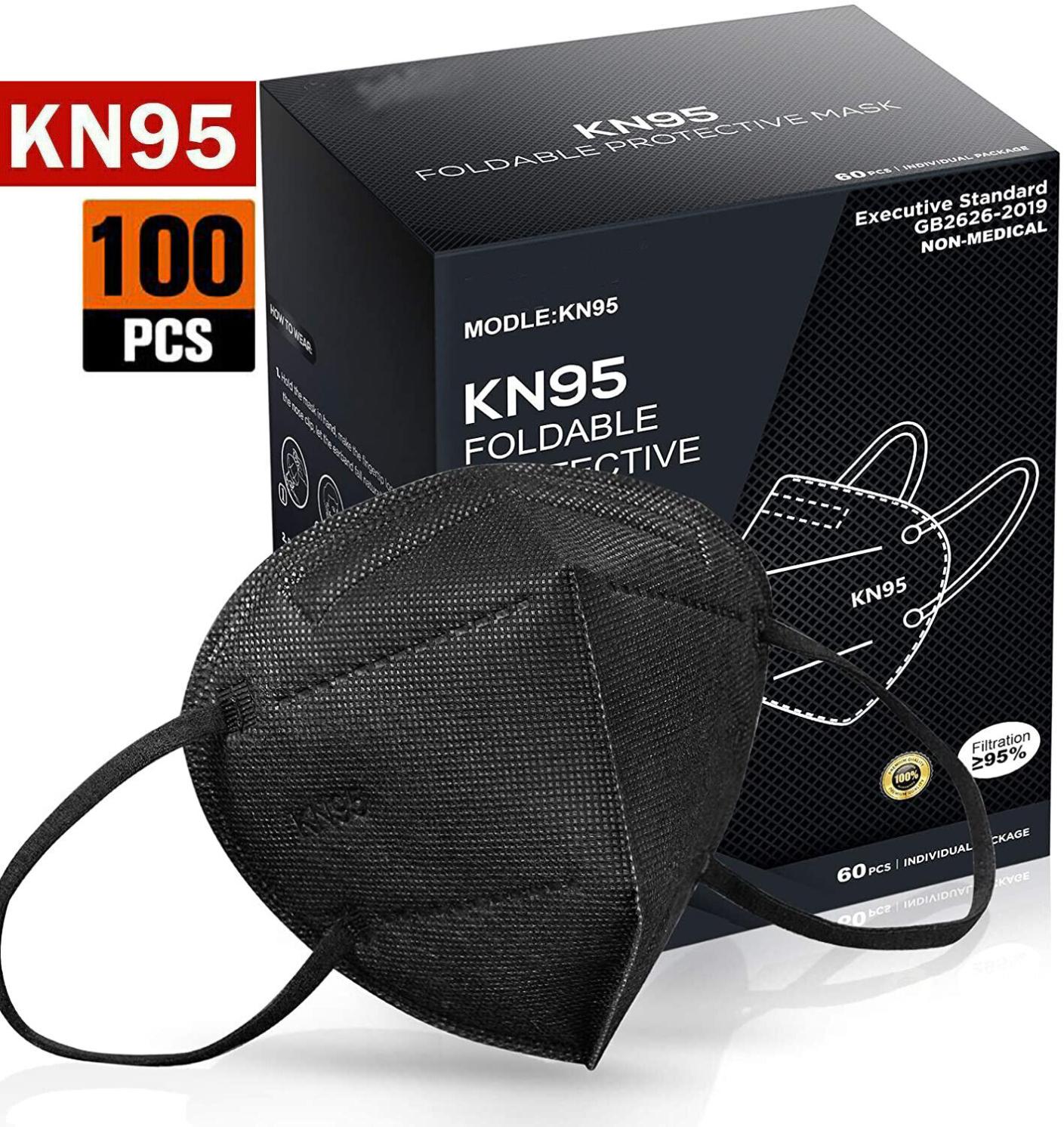How Do I Know if an N95 Mask is Counterfeit?
In the midst of the ongoing COVID-19 pandemic, N95 masks have become essential personal protective equipment (PPE) for healthcare workers and the general public alike. However, the unfortunate reality is that counterfeit N95 masks pose a serious health risk, potentially exposing wearers to harmful contaminants and increasing the risk of infection.

Given the critical importance of N95 masks in protecting individuals from respiratory hazards, it is crucial to be able to identify counterfeit masks and ensure that you are using genuine, NIOSH-approved products. This article outlines key points to consider when examining an N95 mask for authenticity, helping you make informed decisions about the safety of your respiratory protection.
Identifying Counterfeit N95 Masks
NIOSH Approval Number
- Look for the NIOSH approval number on the mask. This number is a unique identifier assigned by the National Institute for Occupational Safety and Health (NIOSH) to approved N95 masks.
- Verify the approval number on the NIOSH website to ensure that it is valid and corresponds to a genuine N95 mask.
NIOSH Logo
- Check for the NIOSH logo on the mask. The logo should be clear, sharp, and not pixelated.
- Be wary of masks with misspellings or variations in the NIOSH logo, as these are often signs of counterfeiting.
Mask Construction
- Examine the mask's construction for signs of poor quality. Counterfeit masks may have loose or uneven stitching, gaps, or tears, which can compromise the mask's effectiveness.
- Ensure that the mask is made of multiple layers of material, as this is a key feature of N95 masks that helps filter out particles.
Headbands and Nose Clips
- Ensure that the headbands are secure and elastic, providing a snug fit around the head.
- Check that the nose clip is flexible and adjustable, allowing for a proper seal around the nose.
Packaging
- Inspect the packaging for signs of tampering or damage. Counterfeit masks may be packaged in low-quality or damaged boxes.
- Look for a tamper-proof seal or hologram on the packaging, as this indicates that the mask has not been tampered with.
Additional Considerations
Purchase from Reputable Sources
- Buy N95 masks from authorized distributors or retailers. Avoid online marketplaces or unknown vendors, as these are more likely to sell counterfeit masks.
- Check the seller's reputation and read reviews from other customers before making a purchase.
Be Wary of Low Prices
- Counterfeit masks are often sold at significantly lower prices than genuine masks.
- Be skeptical of deals that seem too good to be true, as they may be an indication of counterfeit products.
Check for Recalls
- Stay informed about N95 mask recalls issued by NIOSH. The NIOSH website provides a list of recalled masks that should not be used.
- Avoid using masks that have been recalled, as they may not meet safety standards.
Counterfeit N95 masks pose a health risk and should be avoided at all costs. By following the guidelines provided in this article, individuals can help protect themselves from counterfeit masks and ensure that they are using genuine, NIOSH-approved products. Additionally, it is important to report suspected counterfeit masks to the appropriate authorities, such as the FDA or NIOSH, to help combat the distribution of these dangerous products.
YesNo

Leave a Reply